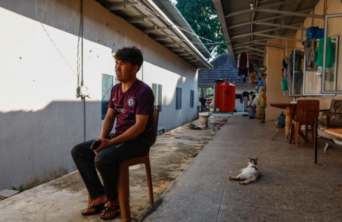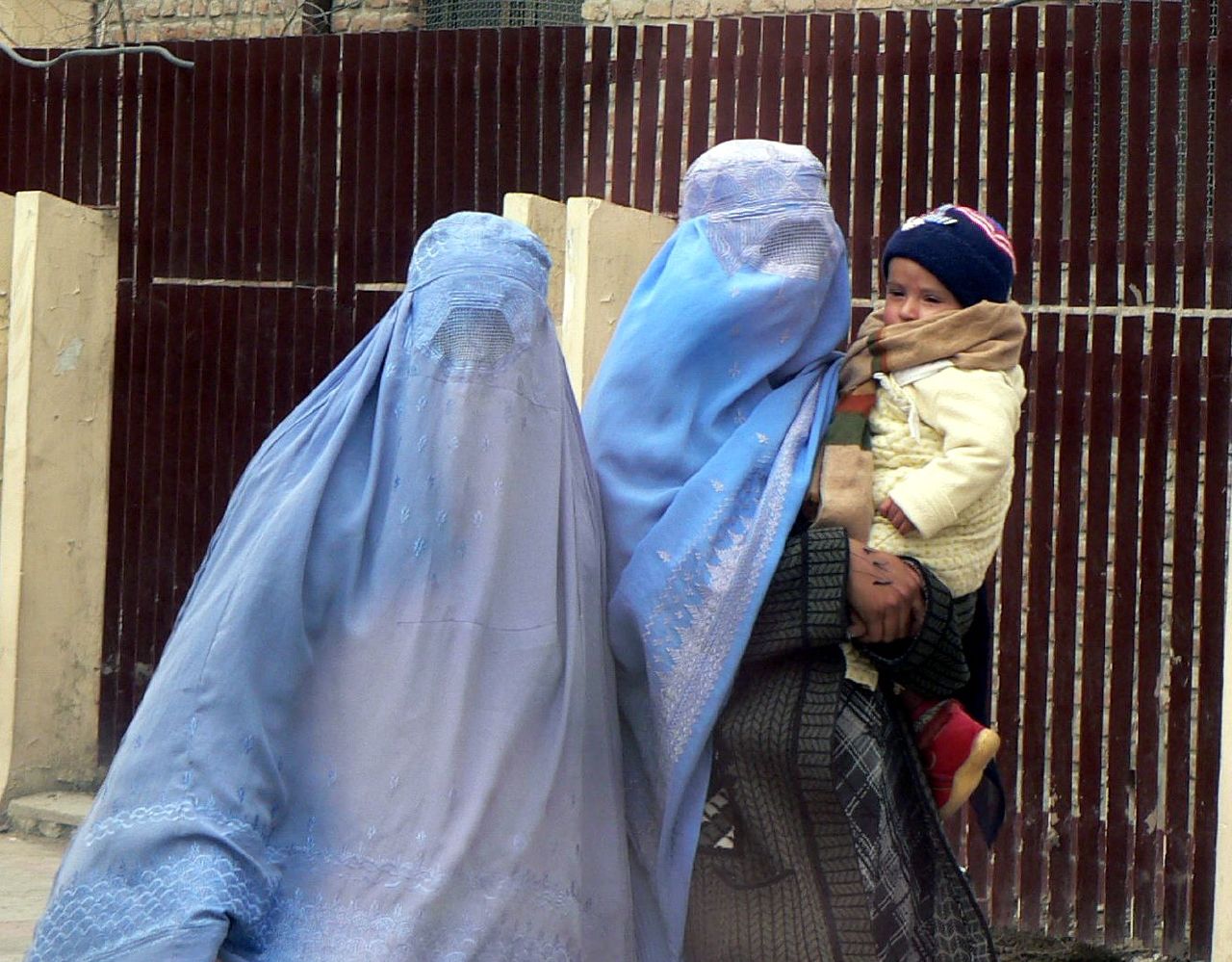- About
- Topics
- Picks
- Audio
- Story
- In-Depth
- Opinion
- News
- Donate
- Signup for our newsletterOur Editors' Best Picks.Send
Read, Debate: Engage.
| topic: | Human Rights |
|---|---|
| located: | Indonesia, Afghanistan |
| editor: | Leo Galuh |
Members of the Hazara ethnic group, which originates in the rugged central mountains of Afghanistan face an existential threat as they seek asylum around the world.
One example is Ali Madad Alizada, 37, who has been stranded in Indonesia for 10 years. He, his wife, and their daughter have never considered returning to Afghanistan. His work as a mathematics teacher in Afghanistan was deemed illegal under Taliban rule.
The Taliban´s seizure of control of Afghanistan in August 2021 caused immense suffering for its people, especially women and the Hazara minority. Many have fled their home country to seek asylum elsewhere, such as in Indonesia, to escape the Taliban's brutality.
As of the end of 2023, around 5,980 Afghans were living in shelters in Jakarta, Indonesia's capital. Despite entering Indonesia with Afghan passports, they are considered to have overstayed and violated Indonesian immigration law.
Indonesia has no legal obligation to provide permanent settlements for asylum seekers or international refugees because it is not party to the 1951 Refugee Convention and the 1967 Protocol relating to the Status of Refugees.
The Indonesian Government largely assigns refugee management to the United Nations High Commissioner for Refugees (UNHCR) and the International Organisation for Migration (IOM).
Despite proper shelters provided by the Indonesian government, UNHCR, and IOM, Alizada feels he has waited too long for resettlement to a third country. At Badra Resort, a temporary shelter in Tanjung Pinang, Riau Islands, Indonesia, he told FairPlanet that the past 10 years have been difficult because he could not do much for his wife and daughter.
“My girl can not go to school right now, my wife has stomach pain. I can not do anything. It is all pain, brother,” said Alizada.
Alizada lives at the shelter with 310 other refugees from several countries including Somalia, Sudan, and Pakistan. As refugees in Indonesia are not authorised to work legally, they spend their days waiting for years, with little to do besides eating and sleeping, until they are relocated to a third country.
Alizada reported that he and other refugees feel depressed. There have been two suicide cases in Badra Resort alone, in 2021 and 2023.
Despite the Taliban's 2021 announcement welcoming women into its government, Alizada finds this unconvincing. He doubts the Taliban will alter their treatment of minorities in Afghanistan.
“Brother, we can not live. Please, believe me, we can not. We just have a pen. We don’t have any guns,” Alizada told FairPlanet.
Refugees and asylum seekers from the Hazara ethnic group and beyond desire normal lives with their families, in a peaceful country with access to education, and employment.
The international community must take a firmer stance against the Taliban via diplomatic means, safeguarding the rights of the Hazara and preventing further cruelty in Afghanistan.
Image by Leo Galuh.

